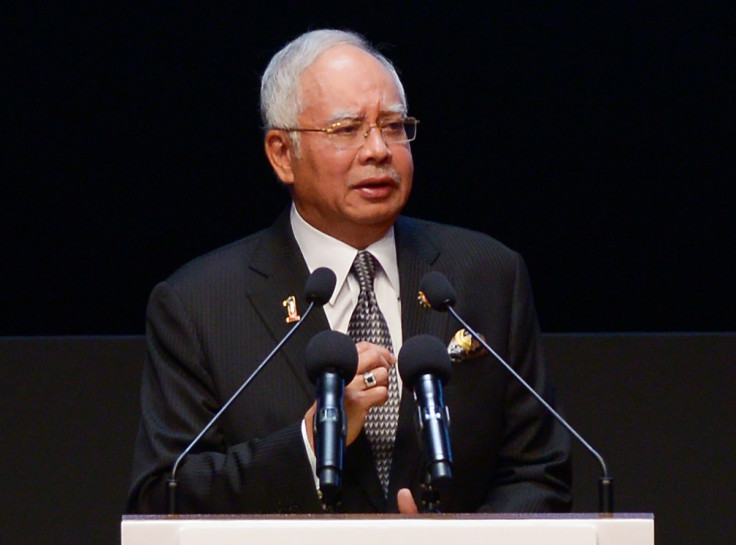1MDB scandal: Malaysian Bar to debate motion calling on Attorney General Mohamed Apandi to resign

Malaysia's top legal body, the Malaysian Bar is set to debate on a motion calling for the country's public prosecutor Mohamed Apandi Ali to step down following a series of controversial decisions involving Prime Minister Najib Razak and state fund 1Malaysia Development Berhad. The motion is set for debate at the Bar's annual general meeting on 19 March.
The motion also calls for the Solicitor-General to assume the role of public prosecutor in cases that may involve Najib, 1MDB, former 1MBD unit SRC International and the transfer of RM2.6b into Najib's personal accounts. It cited the AG's "disability" to continue to act as public prosecutor in such cases.
The motion reads: "The Malaysian Bar calls on Mohamed Apandi Ali to immediately resign as Attorney-General, for the good of Malaysia, to restore public confidence and perception of the rule of law, in particular the administration of criminal justice in Malaysia." The motion, according to the Malay Mail Online, noted the AG's inability to act, citing his decisions in cases related to Najib and state-owned investment firms, which it said "merited the call for the Solicitor-General to intercede."
It noted that the AG has several roles and responsibilities and these included providing legal advice to the Cabinet or ministers and deciding on prosecutions for possible offences, some of which may be conflicting obligations. "It is absurd when the Attorney General [is] considering instituting criminal proceedings, and at the same time, is also seen to be personally providing legal advice to the suspect/s or the potential accused," the motion reads.
Apandi replaced Abdul Gani Patail in July last year after Najib terminated his services allegedly due to health reasons. Following his appointment, Apandi declared that there was no wrongdoing involved in SRC International and the RM2.6bn ($681m, £440m) deposited into the personal accounts of Najib before the 2013 general elections.
He even went a step further and ordered the Malaysian Anti-Corruption Commission to close both cases. MACC is now seeking a review of his decision.
The motion continues: "The pronouncement of the Attorney General about the guilt/innocence of parties being investigated, may be contrary to the United Nations Guidelines on the Role of Prosecutors, in particular Article 10, which states that, 'The office of prosecutors shall be strictly separated from judicial functions.' The determination of guilt or innocence is a function of the judiciary, not the Attorney General."
The motion noted that the power to start and discontinue investigations rest with the relevant investigative authorities and not with the Attorney General. It pointed out that the duty of the AG was "merely to determine the sufficiency or insufficiency of evidence for the purpose of prosecution." The Bar said that should evidence be deemed insufficient, then the investigation papers should be returned for further investigation.
The motion also expressed concern over the perception that Apandi may have acted to derail investigations against Najib or government entities. It noted that the MACC has yet to be given the authorisation to complete investigations after asking for the AG's permission last December for mutual legal assistance to secure evidence from other countries.
"As such, even if Mohamed Apandi Ali may personally not be guilty of any wrongdoing or dereliction of duties, for the good of Malaysia and for the improvement of public perception of the administration of justice, we may have to take drastic actions including the appointment of a new Attorney General," the motion added, according to the Malay Mail.
© Copyright IBTimes 2024. All rights reserved.






